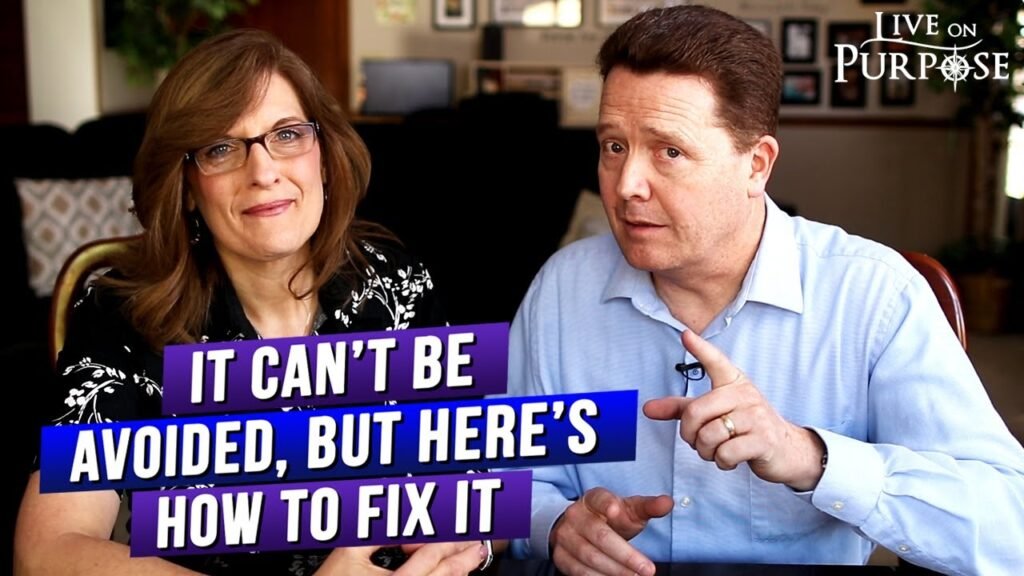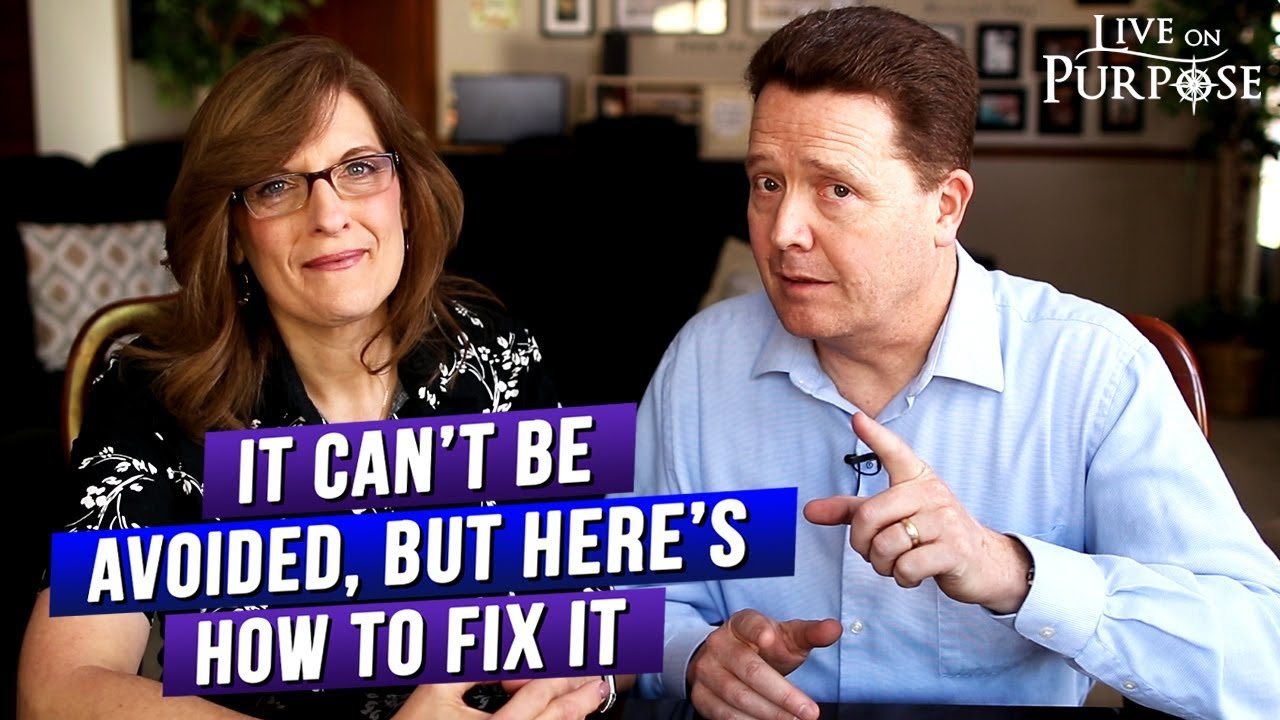In the article “Why Apologizing to Your Child for Yelling is Important,” you’ll discover the significance of apologizing to your child after losing your temper. The content covers various key points, such as the importance of being authentic and genuine in your apology, acknowledging your own flaws and weaknesses, and implementing appropriate consequences for your child’s misbehavior. Additionally, the article emphasizes the practice of a parenting do-over and committing to changing your behavior. By apologizing, you not only set a positive example for your child but also create an opportunity for growth and improved communication within the parent-child relationship. If you’re looking for further guidance, the article mentions a Positive Parenting coaching program that offers a free Parenting breakthrough call.
In the video titled “How To Apologize To Your Child For Yelling” by Live On Purpose TV, Dr. Paul Jenkins and Vicki explore the delicate situation of yelling at our children and provide helpful pointers on how to handle it. They stress the importance of being authentic and genuine in your apology, not pretending or attaching any strings to it. A key takeaway is that apologizing to your child doesn’t excuse their misbehavior; appropriate consequences should still be implemented. Additionally, they discuss the concept of a parenting do-over and committing to changing your own behavior. Owning your mistakes, being humble in your apology, and acknowledging your weaknesses can increase your credibility and authority as a parent. Ultimately, by being authentic and expressing sincere remorse, you set a positive example for your child and strengthen your parent-child bond.
Why Apologizing to Your Child for Yelling is Important
Yelling at your children is something that can happen to even the most well-intentioned parents. We’re only human, after all. However, it’s crucial to address the situation and apologize to your child when this happens. But why is apologizing important? In this article, we’ll delve into the significance of being genuine and authentic in your apology, acknowledging your flaws and weaknesses, and the importance of implementing appropriate consequences for your child’s actions. We’ll also explore the concept of practicing a parenting do-over and committing to changing your behavior, as well as how apologizing sets a positive example for your child. Finally, we’ll introduce a positive parenting coaching program that can provide you with additional support on this journey, with a free parenting breakthrough call available.
Be Authentic and Genuine in Your Apology
When it comes to apologizing to your child, it’s essential to be authentic and genuine. Pretending to apologize or attaching strings to your apology is not productive and can damage your trust and relationship with your child. Take a moment to reflect on your actions and sincerely express remorse for yelling at them. It’s important to separate the apology from any justifications or blaming. Instead, focus on the impact of your behavior and genuinely apologize for your actions.
Acknowledge Your Flaws and Weaknesses
Acknowledging your own flaws and weaknesses is a crucial part of apologizing to your child. By doing so, you demonstrate humility and authenticity. It’s essential to take responsibility for your behavior and not try to justify it by blaming external factors or your child’s actions. Separate your child’s misbehavior from your own and apologize specifically for your yelling. This shows your child that you are self-aware and willing to take ownership of your mistakes.

Apologizing Does Not Excuse Your Child’s Misbehavior
While it’s important to apologize for yelling at your child, it’s equally important to remember that apologizing does not excuse or dismiss their misbehavior. Yelling should be addressed separately from your child’s actions. Implement appropriate consequences for their behavior while acknowledging your own role in the situation. This approach helps your child understand the impact of their actions and the importance of taking responsibility for their behavior.
Implement Appropriate Consequences for Their Actions
Implementing appropriate consequences for your child’s actions is an essential part of teaching them accountability and helping them learn from their mistakes. While apologizing for yelling, make sure to address the misbehavior that led to your outburst. Explain the consequences they will face and ensure they understand the reasons behind them. This approach helps your child connect their actions to the consequences and encourages them to reflect on their behavior.
Practice a Parenting Do-Over and Commit to Changing Your Behavior
A parenting do-over is a powerful tool that allows you to demonstrate to your child how you wish you had handled the situation differently. Share with your child how you would have liked to react without yelling and explain why this approach is more productive. By practicing the do-over, you actively work towards changing your behavior and show your child that you are committed to being a better parent. Make a genuine commitment to yourself and your child that you will strive to respond differently in the future.
Apologizing Sets a Positive Example for Your Child
Apologizing to your child for yelling not only repairs your relationship but also sets a positive example for them. It teaches them the value of owning up to mistakes, being self-aware, and taking responsibility for their actions. By demonstrating humility and genuine remorse, you show your child that it is okay to make mistakes as long as you take the necessary steps to make amends and learn from them.
Positive Parenting Coaching Program Available with a Free Parenting Breakthrough Call
If you find yourself struggling with managing your emotions and responding calmly to your child’s misbehavior, a positive parenting coaching program can provide you with the guidance and support you need. The program offers resources and strategies to help you become a more effective and positive parent. Consider scheduling a free parenting breakthrough call to explore how this program can assist you on your parenting journey.
In conclusion, apologizing to your child for yelling is crucial for repairing and maintaining a healthy parent-child relationship. By being authentic and genuine in your apology, acknowledging your flaws and weaknesses, implementing appropriate consequences, practicing a parenting do-over, and setting a positive example, you foster open communication and trust with your child. Remember, parenting is a journey, and seeking additional support through a positive parenting coaching program can empower you to become the parent you aspire to be.

